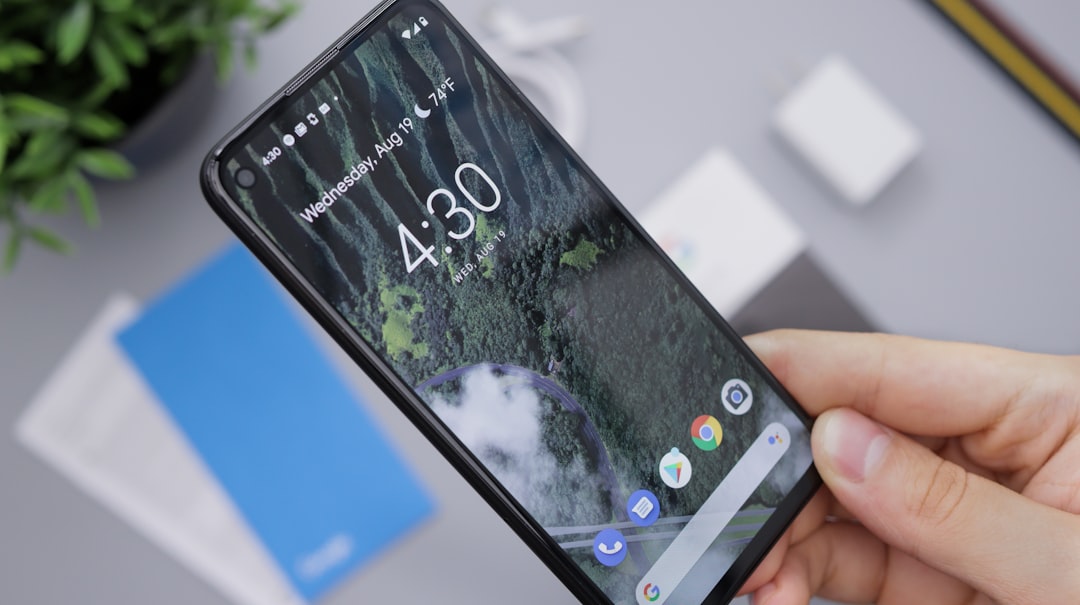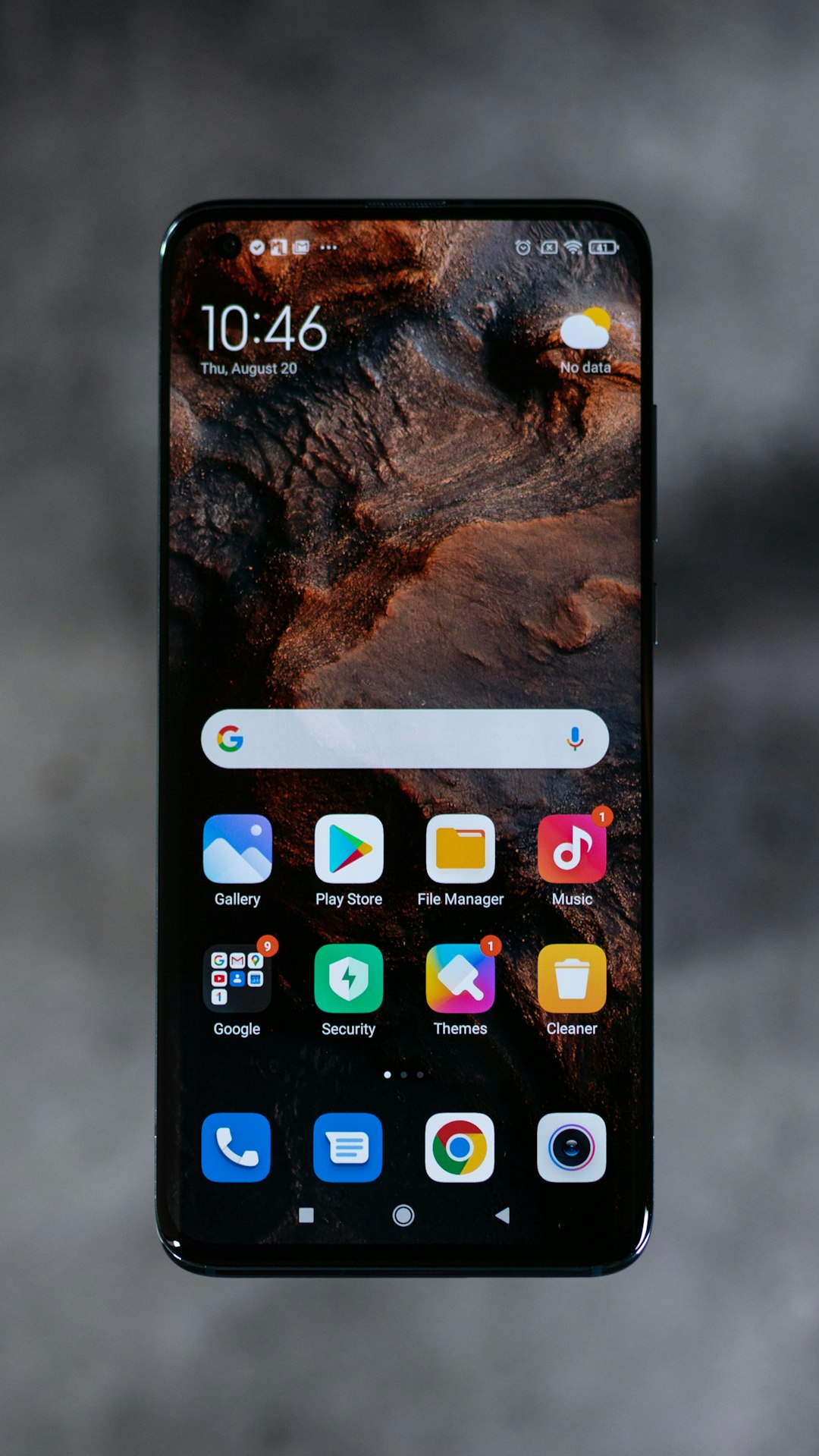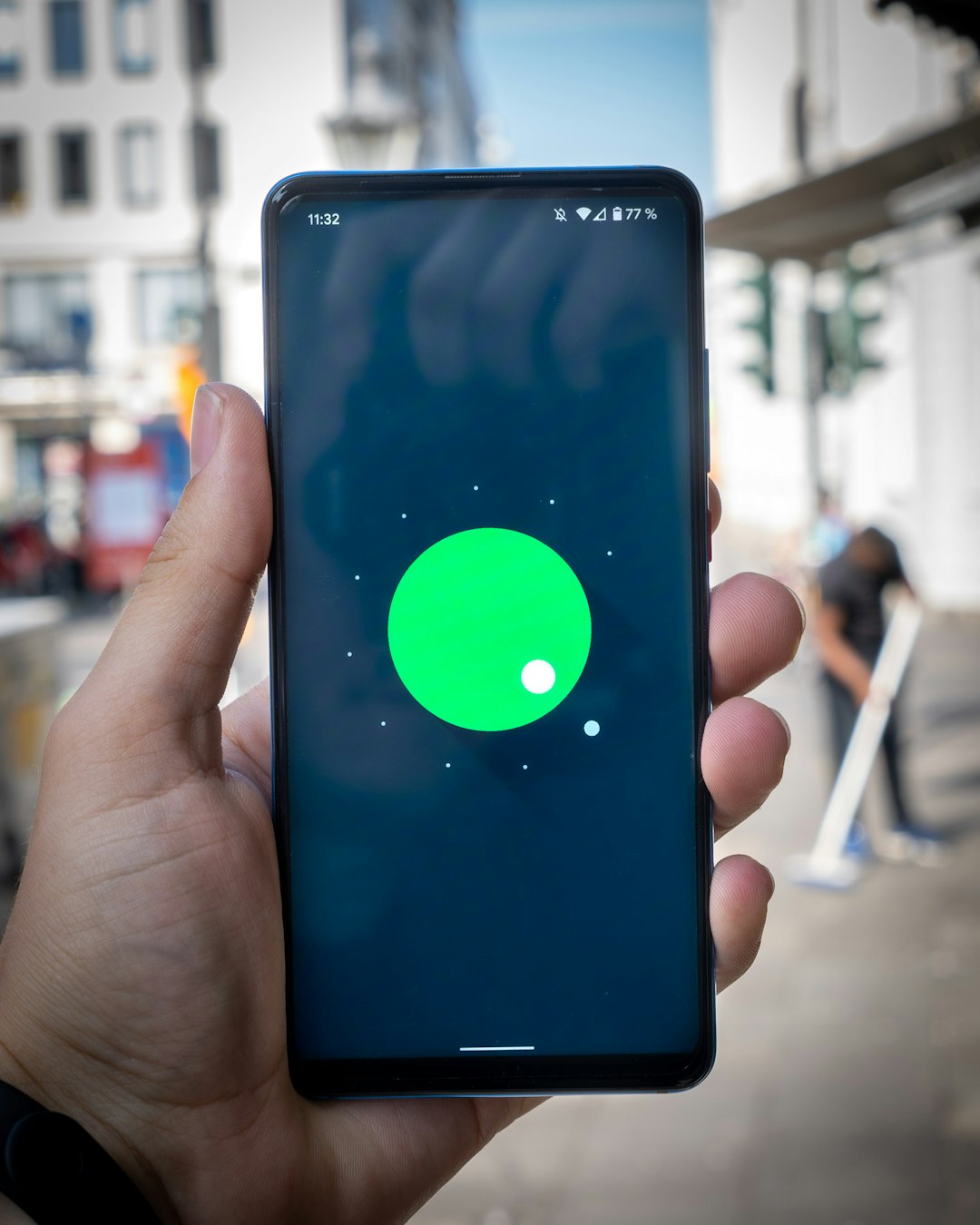In West Virginia, strict "Do Not Text" laws carry severe penalties for violations. A lawyer specializing in these laws is crucial for navigating charges, fines, license suspension, and potential criminal liabilities. For those facing Do Not Text Law cases, such legal professionals offer tailored guidance and expertise to protect rights and ensure justice.
In West Virginia, all drivers are subject to strict texting and driving laws, aiming to ensure safer roads. This comprehensive guide delves into the state’s regulations, known as the ‘Do Not Text’ (DNT) laws, and their penalties. We explore how violations can impact your record and wallet, and highlight the significant role lawyers play in DNT cases. If you’re facing charges, understanding these factors is crucial, prompting many to seek advice from a lawyer specialized in West Virginia’s Do Not Text Laws.
Do Not Text Laws: West Virginia's Regulations

In West Virginia, the “Do Not Text” laws are in place to ensure the safety of all drivers on the road. These regulations strictly prohibit drivers from using handheld electronic devices while operating a vehicle. This includes sending or reading text messages, accessing social media apps, and any other activities that require manual interaction with a mobile device. Drivers found violating these laws can expect significant penalties, including fines and possible license suspension.
A lawyer specializing in West Virginia’s Do Not Text Laws is crucial for anyone caught breaking these regulations. These legal experts can provide guidance tailored to the specific circumstances of each case, helping drivers understand their rights and options while navigating the potential consequences of a conviction. Their knowledge of local laws and court procedures can significantly impact the outcome of such cases.
Understanding Penalties for Violations

In West Virginia, violating texting and driving laws can result in severe penalties. These include fines, points on your driver’s license, and even potential suspension or revocation. The state has implemented these stringent measures to deter drivers from engaging in this dangerous behavior. If caught, you may be subject to civil and criminal liabilities, with penalties escalating for subsequent offenses.
For those facing charges related to Do Not Text Laws in West Virginia, consulting a lawyer specializing in this area is crucial. A legal expert can help navigate the complexities of the law, provide guidance on defense strategies, and ensure your rights are protected. Don’t hesitate to seek professional assistance if you’ve been involved in an incident involving texting while driving.
The Role of Lawyers in DNT Cases

In cases involving Do Not Text and driving laws in West Virginia, lawyers play a pivotal role in ensuring justice and understanding the nuances of these regulations. These legal professionals are equipped to navigate the complexities surrounding texting while driving (TWD), which is a serious offense that can have severe consequences. They help clients understand their rights and obligations under the state’s Do Not Text laws, providing guidance on how to defend against charges if applicable.
West Virginia lawyers specializing in these matters offer crucial support to drivers accused of TWD. They carefully examine the facts of each case, reviewing evidence and witness testimonies to build a robust defense strategy. These legal experts can help clarify gray areas in the law, interpret judicial precedents, and ensure that their clients’ rights are protected throughout the legal process. Their knowledge of Do Not Text laws in West Virginia is essential for those facing charges, providing them with a clear understanding of their options and potential outcomes.






